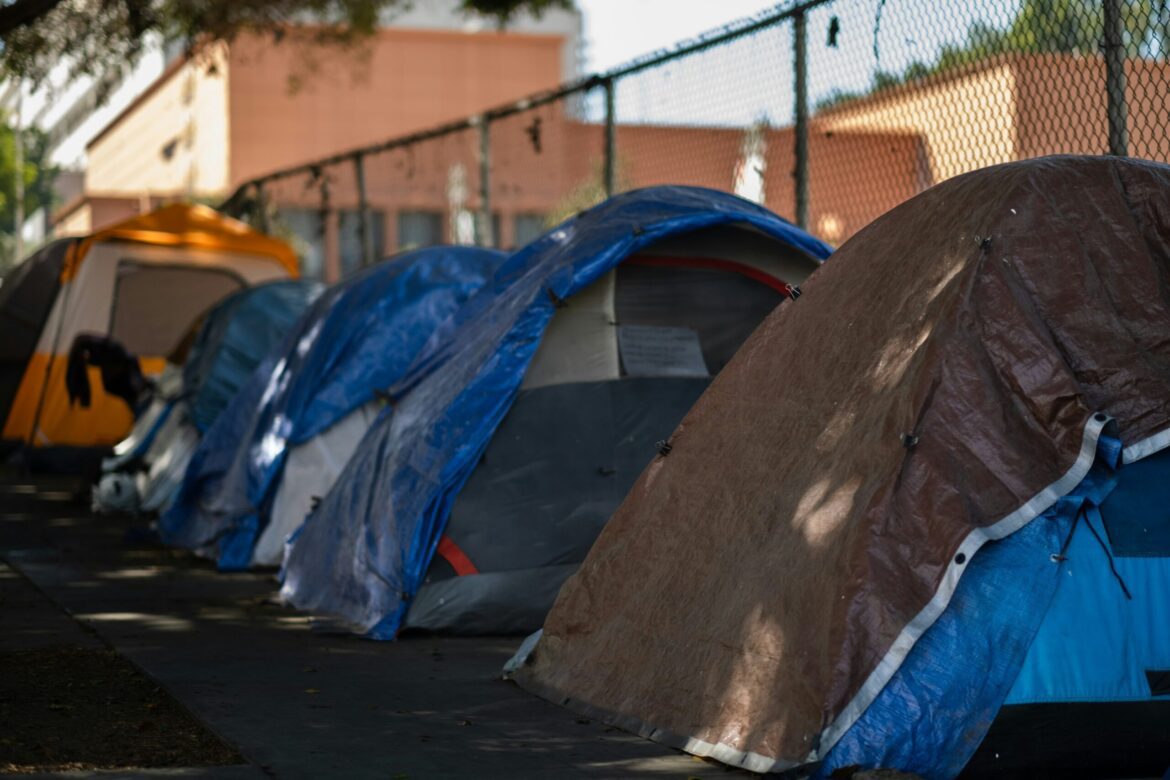In a contentious decision that sparked public outcry and protest, the San Diego City Council voted 6–3 to approve a sweeping ordinance aimed at banning homeless encampments across a wide range of public spaces. The new policy extends prohibitions beyond previous limits, now outlawing tents and makeshift shelters on sidewalks, in parks, and beneath overpasses—even when the city’s shelter system is at full capacity.
City Leaders Cite Safety and Cleanliness
Proponents of the ordinance, primarily from the council’s majority, framed the decision as a necessary move to restore safety and cleanliness in the city’s most impacted neighborhoods, particularly downtown and the areas surrounding Balboa Park. They emphasized concerns over public health risks, including unsanitary conditions and potential fire hazards, as well as the growing number of complaints from residents and local businesses.
Councilmember Stephen Whitburn, whose district includes parts of downtown, defended the ordinance as “a tough but necessary step” to reclaim public spaces for all residents. He acknowledged the city’s ongoing efforts to expand shelters and transitional housing but insisted that visible encampments pose a threat to the broader community.
Advocates and Civil Rights Groups Push Back
Despite these arguments, the measure has drawn fierce opposition from advocates for the unhoused and civil liberties organizations. Protesters rallied outside City Hall during the vote, holding signs and chanting slogans against what they see as an unjust and ineffective policy. Critics argue that criminalizing homelessness only worsens the crisis by pushing vulnerable individuals further into the margins of society.
Mark Rivers, a local attorney who works with homeless populations, condemned the ordinance in stark terms: “This isn’t a solution—it’s a displacement policy masquerading as public safety,” he said. Rivers and other legal experts are exploring potential lawsuits on the grounds that the law may violate constitutional protections, particularly when applied during times when no shelter beds are available.
Enforcement and Legal Battles Loom
The ordinance is slated to take effect within two weeks of the council’s vote, raising immediate concerns about how enforcement will be handled. San Diego’s police department will be tasked with implementing the ban, though questions remain about how officers will balance enforcement with outreach and services.
Meanwhile, legal and political battles appear inevitable. Several organizations, including the ACLU, have signaled their intent to challenge the law in court. The city’s history of homelessness litigation—including past rulings that limited the ability to penalize people for sleeping in public without adequate shelter—could factor heavily into upcoming cases.
A City at a Crossroads
San Diego has seen homelessness rise sharply in recent years, despite new investments in affordable housing, shelter beds, and supportive services. The vote highlights a deepening divide in how city leaders and community members believe the crisis should be addressed. Whether this ordinance represents a turning point or a misstep remains to be seen, but the debate it has ignited will likely shape the city’s policy landscape for months, if not years, to come.

